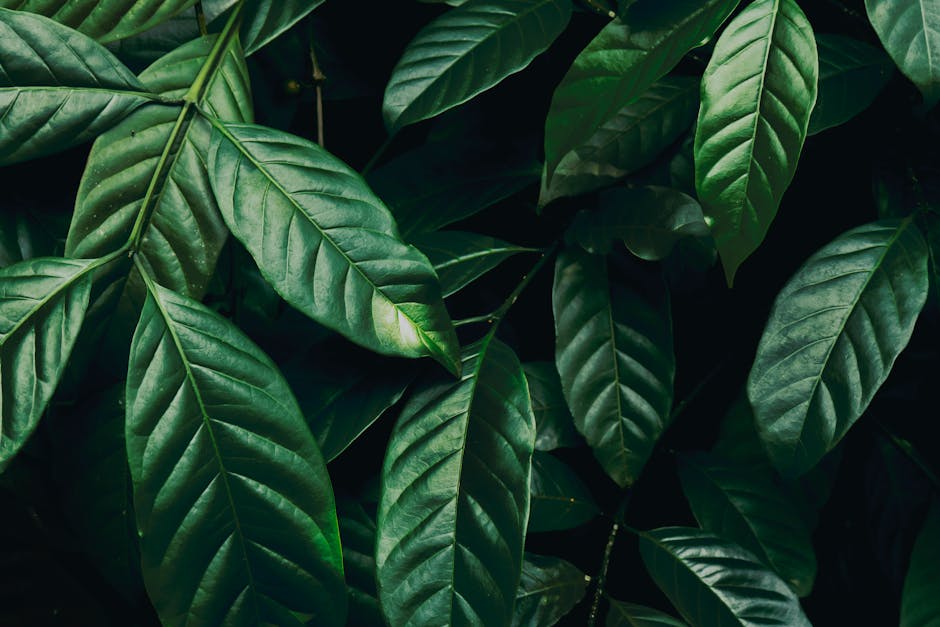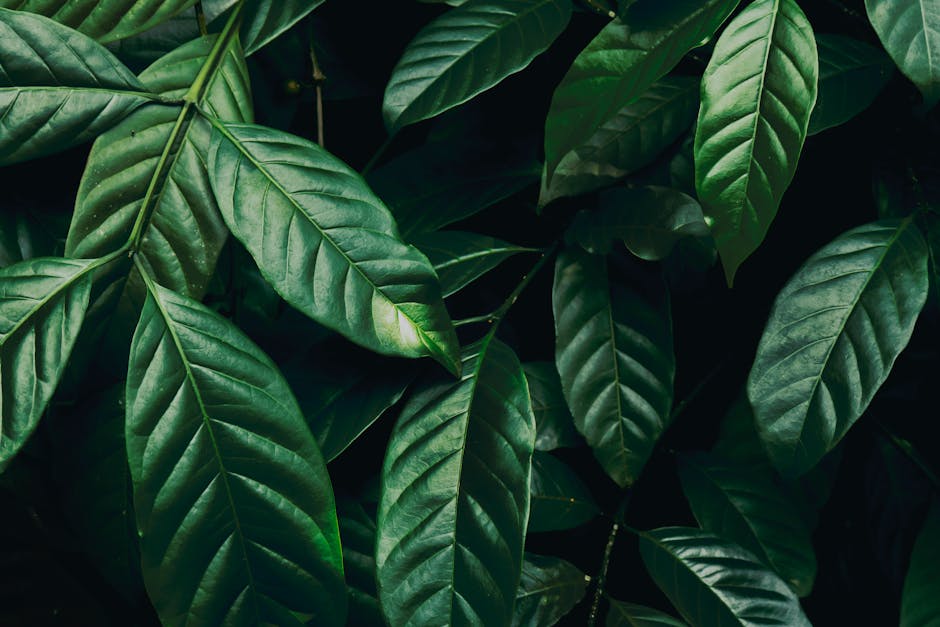Achieving Evergreen Elegance: A Guide to Mixing Foliage Plants for a Timeless Garden Design

Evergreen elegance is a timeless garden design concept that never goes out of style. It’s all about using a mix of foliage plants to create a lush, vibrant, and year-round green space. This design approach is not only visually appealing but also practical, as it ensures that your garden remains beautiful and lively throughout the year, regardless of the season.
The first step in achieving evergreen elegance is choosing the right plants. Evergreens are the backbone of this design concept. They provide a constant green backdrop that remains unchanged throughout the year. Some popular evergreen options include boxwood, holly, and yew. These plants are known for their dense, glossy foliage that adds a touch of sophistication to any garden.
But evergreen elegance is not just about evergreens. It’s also about incorporating a variety of other foliage plants to add depth, texture, and color to your garden. Think ferns with their delicate, feathery leaves, hostas with their broad, heart-shaped foliage, and ornamental grasses that sway gently in the breeze. These plants not only complement the evergreens but also add interest and variety to the garden.
When mixing foliage plants, it’s important to consider their size, shape, and color. A good rule of thumb is to combine plants with contrasting characteristics. For instance, you can pair a tall, upright evergreen with a low-growing fern, or a dark-leaved hosta with a light-colored ornamental grass. This creates a dynamic and balanced look that is pleasing to the eye.
Another key aspect of evergreen elegance is layering. This involves arranging plants in a way that creates a sense of depth and dimension. You can achieve this by planting taller plants at the back, medium-sized plants in the middle, and smaller plants at the front. This not only makes the garden look fuller and more lush, but also draws the eye through the space, creating a sense of movement and flow.
Lastly, don’t forget about maintenance. While
The Art of Evergreen Elegance: How to Use a Mix of Foliage Plants for a Classic Garden Design
Evergreen elegance is a timeless concept in garden design that never goes out of style. It’s all about using a mix of foliage plants to create a garden that remains vibrant and beautiful throughout the year. This approach to garden design is not only aesthetically pleasing but also practical, as it ensures that your garden remains lush and green, regardless of the season.
The art of evergreen elegance lies in the careful selection and arrangement of plants. The first step is to choose a variety of foliage plants that thrive in your local climate. This could include anything from ferns and ivy to boxwood shrubs and holly trees. The key is to select plants that offer a range of colors, textures, and shapes. This diversity will add depth and interest to your garden, ensuring that it remains visually appealing throughout the year.
Once you’ve selected your plants, the next step is to arrange them in a way that maximizes their visual impact. One popular approach is to group plants with similar colors or textures together. This creates a sense of cohesion and harmony within the garden. Alternatively, you could arrange your plants in a way that creates contrast. For example, you could pair a plant with glossy, dark green leaves with one that has matte, light green leaves. This contrast will draw the eye and add a dynamic element to your garden.
Another important aspect of evergreen elegance is layering. This involves arranging your plants in a way that creates a sense of depth and dimension. You could achieve this by planting taller shrubs or trees in the background, with shorter plants in the foreground. This will create a layered effect, making your garden appear larger and more complex.
In addition to selecting and arranging your plants, you should also consider how to maintain them. Evergreen plants are generally low-maintenance, but they still require some care to keep them looking their best. This could involve regular watering, pruning, and fertilizing. It’s also important to monitor your plants for signs of disease or pests
